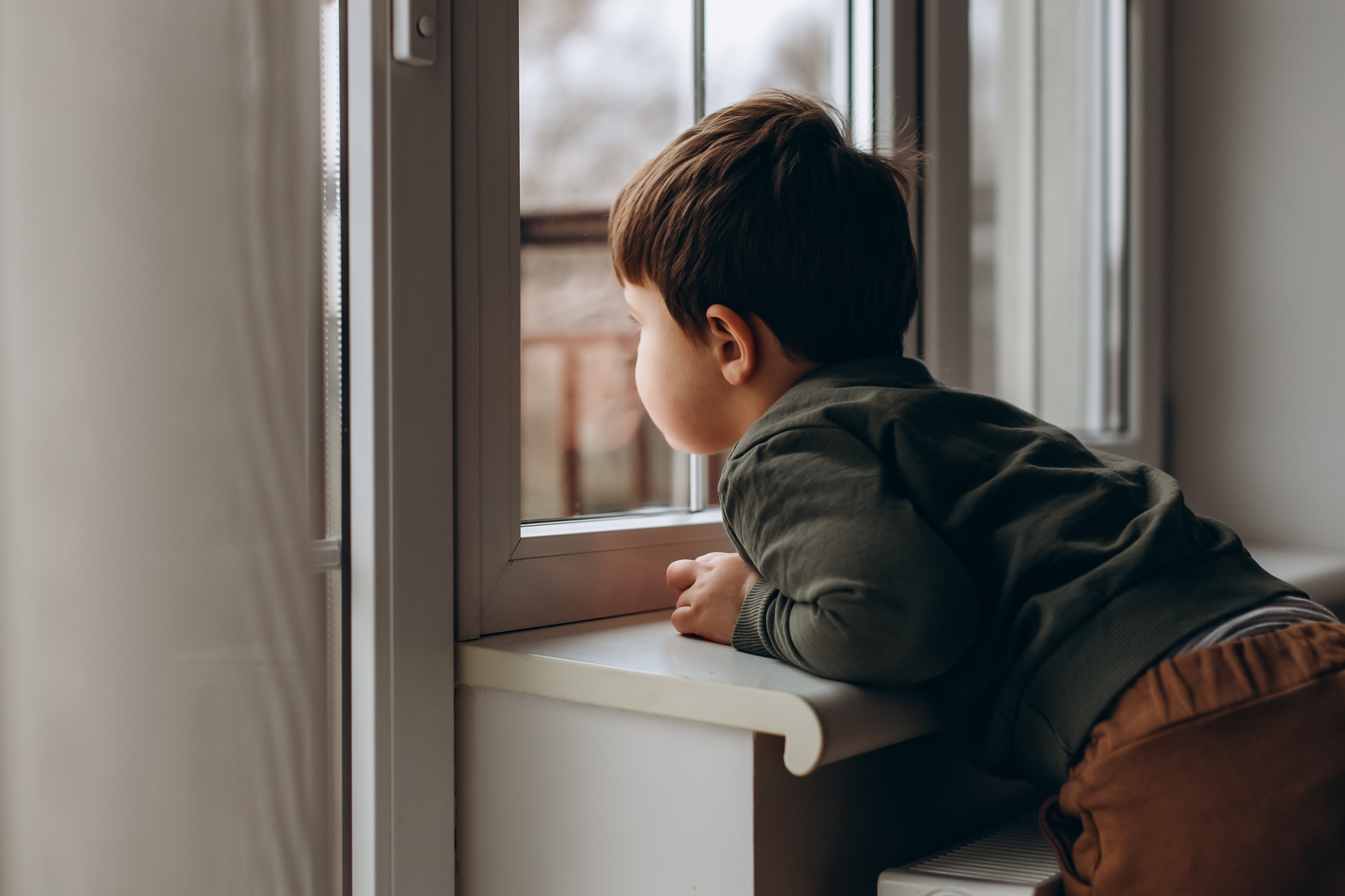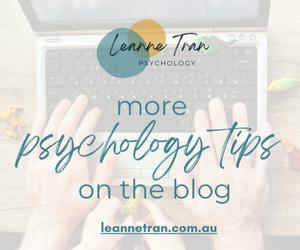Separation anxiety is when a child has excessive reactions to separation from caregivers – whether real or imagined. It’s pretty common, affecting somewhere between 4 to 5 percent of kids. That’s 1 child out of every 20 to 25 kids.
The extent to which separation anxiety affects children differs. Some children feel uneasy and need lots of reassurance. Some experience full-blown anxiety about separation – causing physical symptoms like feeling sick, and getting a fight or flight response. It’s common that this leads to school refusal too.
This can have a big impact on parents and families. Life is busy to start with, and when children don’t want to say goodbye and go where they need to go, it gets extra stressful. When you’re rushing about in that morning routine is not the time to problem solve – there’s not enough time and emotions are running high. Putting some practical strategies can help make the process run smoother.
Here are some tips to manage when your child doesn’t want to separate from you.
As a psychologist I’m always saying that it’s better to do things to improve the problem at a time the problem is not actually happening. Like I said earlier, when things aren’t going well and everyone is stressed isn’t a great time to solve anything. Here are some things to do to help the separation worries ahead of time:
-
Talk to your child about how even when you’re apart, you are connected through the relationship you have. Through loving each other even when you’re apart. Books are a great way to introduce concepts and start conversations with your kids.
Owl Babies by Martin Waddell In this book some baby owls wake one night to find their mother gone and worry until she inevitably returns to them.
The Invisible String by Patrice Karst This book talks about how people who love each other are always connected by an invisible string – no matter how far apart they are.
The Kissing Hand by Audrey Penn In this book a little racoon is starting school and worried about being apart from its mother. The mother gives the racoon a kiss in its hand as a way of staying connected through the school day.
-
Develop a routine about connection. Having a connection between you and your child can help them feel connected to you when you are apart. This can be something like:
- Giving your child something of yours to take with them, so they can use it for comfort (like a scarf, hat etc)
- Have something the same that you both use – so your child can think about you, and know that you’re thinking about them. It could be a matching friendship band, t-shirt or something similar. My daughter and I have the same coffee cups. She doesn’t take it to school obviously, but when I take mine she knows I’ll be reminded of her.
- Use the kissing hand strategy from the book above – give your child a kiss on their hand that they can ‘take with them’. Beware this can sometimes lead to kids not wanting to wash their hands to wash it off! The kiss might need to be somewhere else in that case.
At the moment, here’s what you can do:
- Acknowledge your child’s feelings. The “You’ll be fine” approach doesn’t typically work – and reassurance actually can make anxiety worse. That’s because children don’t feel heard and listened to like you don’t really get it. Think of this in the context of yourself – if you’re all stressed out and someone says “Just don’t worry about it!”, is that helpful?! Think instead about acknowledging what your child is feeling, by saying things like “I see you’re worried about it – I know that must be really hard”.
- Acknowledge your child’s skills. The key to anxiety is to continue despite mild anxiety so that over time kids learn that it’s something they can handle. Acknowledge your child’s strengths here – like “You can handle doing this today, even though it’s difficult”.
- Just stick to the plan and execute it. This is not the time to be discussing or problem-solving – it just prolongs the situation. Reassure your child about when you’ll reunite and walk away. This is such a hard step!
You can read more about building a strong bond here: Hold On To Your Kids.
If you need more help, here are some links to more information. Support from a psychologist can help guide you through this time as well.









